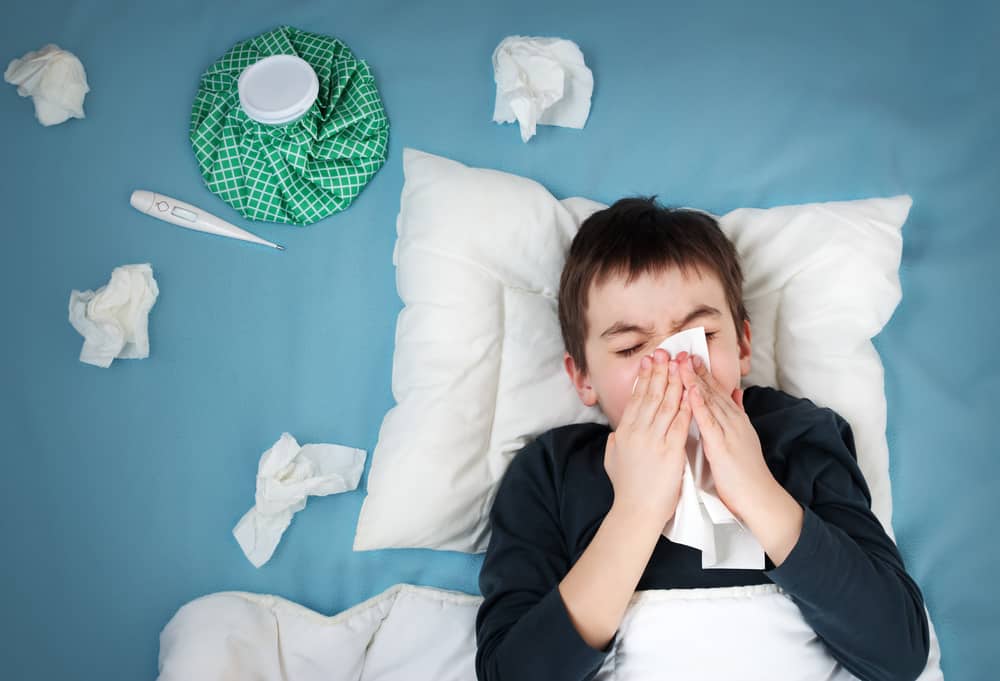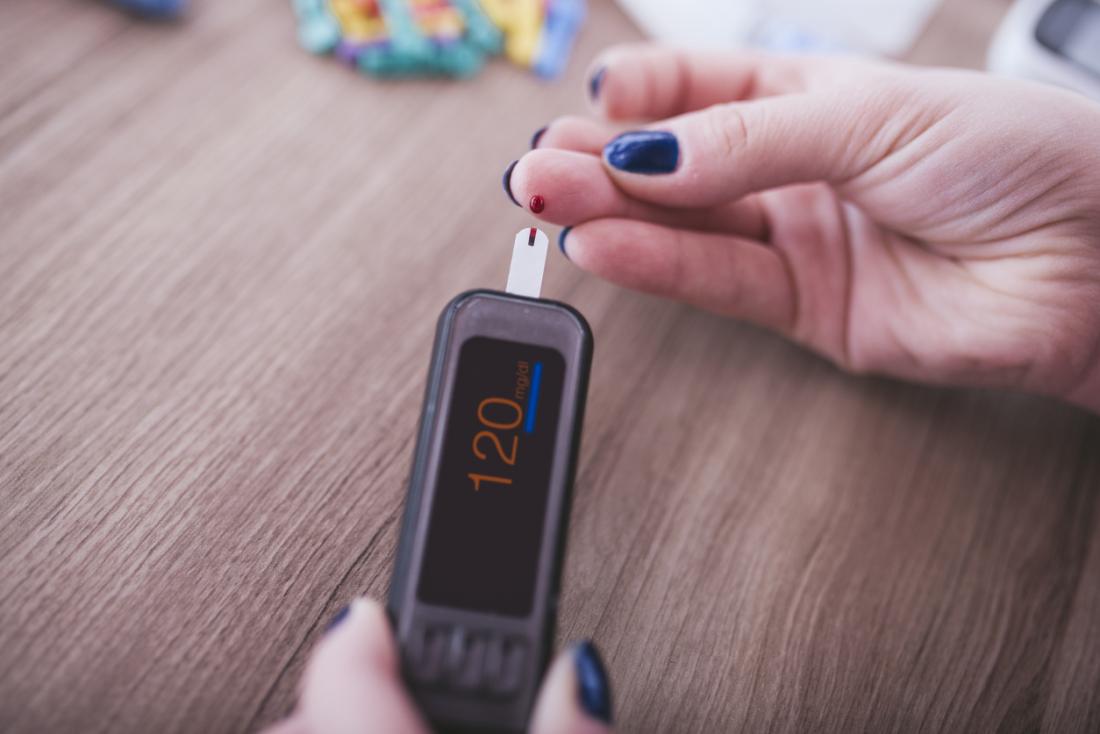Contents:
- Medical Video: Treating Your Baby's Cold: Nasal Saline & Suction - Boys Town Pediatrics
- Various types of habits that can aggravate cold and fever symptoms
- 1. Allowing pain just like that
- 2. Take antibiotics
- 3. Take high doses of vitamin C
- 4. Take lots of drugs at the same time without a doctor's prescription
- 5. Too often using nasal sprays
- 6. Lack of drinking
- 7. Lack of sleep
- 8. Smoking
- 9. Too stressful
Medical Video: Treating Your Baby's Cold: Nasal Saline & Suction - Boys Town Pediatrics
Both colds and fever both make the body become erratic. Although usually the symptoms of a cold and fever can be easily handled by buying drugs in a shop, it turns outthere are some habits that actually aggravate your cold and fever symptoms. Is one of them becoming your habit? Check the following list.
Various types of habits that can aggravate cold and fever symptoms
1. Allowing pain just like that
The most common mistake is to let cold or fever symptoms go untreated. You may try to think positively that you are not sick and will be healthy. And the more it is left, the symptoms of a cold or your fever will actually get worse.
Not treating the disease actually makes the virus increasingly spread in the body's cells. As a result, your immune system will decrease. Nasal mucus or snot which should work by removing viruses in the body becomes blocked. As a result, the possibility of transmission will be even greater.
The faster you treat symptoms of colds and fever, the faster the time needed to recover and be healthy. Some anti-inflammatory drugs can help you rest and prevent transmission to others, one of which is ibuprofen which can relieve fever, runny nose and body aches.
2. Take antibiotics
Both colds and fever are most often caused by viral infections. If you choose to take antibiotics, then you have actually done the wrong thing. Because, taking antibiotics will only make the bacteria in the body become resistant.
That is, if you get a bacterial infection again later and treat it with antibiotics, then the medicinal properties will not work. Symptoms of a cold and fever will get worse and never heal.
3. Take high doses of vitamin C
Vitamin C is considered capable of fighting all diseases, ranging from colds to cancer. However, recent research notes that consumption of vitamin C is not proven to reduce symptoms of colds or fever in a short time.
Consumption of high doses of vitamin C actually raises other diseases, one of which is diarrhea. In some conditions it can even increase absorption to iron toxicity.
4. Take lots of drugs at the same time without a doctor's prescription
Medicines taken at the same time without the doctor's advice do not actually accelerate the decrease in the symptoms of colds and fever, it can actually lead to excessive drug interactions in the body. If you take decongestant drugs containing pseudoephedrine, phenylephrine, or oxymetazoline, be careful with certain side effects that can aggravate the development of the disease.
Therefore, make sure to take cold medicine and fever only according to your doctor's advice. Ask your doctor whether the drug can be taken together with other drugs, especially if you have other comorbidities.
5. Too often using nasal sprays
Some cold and flu medications can indeed help reduce the symptoms that are felt. For example, decongestant sprays or nasal sprays can help reduce nasal congestion. But if it's too much, this treatment has the opposite effect.
If you use a decongestant spray at least tribs for up to four consecutive days, your nose membrane will actually swell. So, use this medicine only with a doctor's prescription according to the recommended dosage.
6. Lack of drinking
Every time you get sick, your fluid needs increase. Because the fluid is useful to help melt the clogged mucus in the nose so that the trapped viruses can come out through snot. The more you drink less, the symptoms of a cold and your fever will become more inflamed.
In addition to water, you can meet your fluid needs by drinking diluted juice, hot tea, or broth soup that can help relieve cold and cold symptoms.
7. Lack of sleep
You really need extra sleep time when you have a cold or a fever. Because sleep can help the body fight infections that make you sick. Even though it sounds cliché, this method can help speed up the recovery from colds and fever that you experience.
A study shows that sleeping less than 7 hours a night can increase the risk of getting a cold threefold. If symptoms of a cold and fever make you wake up often in the middle of the night, you can work around this by sleeping early or having a good nap.
8. Smoking
If you have a cold and fever but continue to smoke, it's best to stop immediately. Smoking in a healthy body condition can damage the lungs, especially if it is continued during a cold or fever.
When you smoke, harmful substances in cigarettes will enter the body and slowly damage the lungs. As a result, lung cells will be more difficult to fight infection so you will often cough. This also applies to those of you who are often exposed to cigarette smoke, which is called passive smoking. The impact will be the same as being an active smoker, you know.
9. Too stressful
Too much stress is reported to be the reason why your cold and fever become more severe. This is because stress can affect the immune system by forcing it to work harder. The more you are stressed, the longer the cold and fever persists in your body.
Therefore, try to be more relaxed by taking a deep breath or doing other relaxation techniques, such as yoga, to stop colds and fever immediately.












